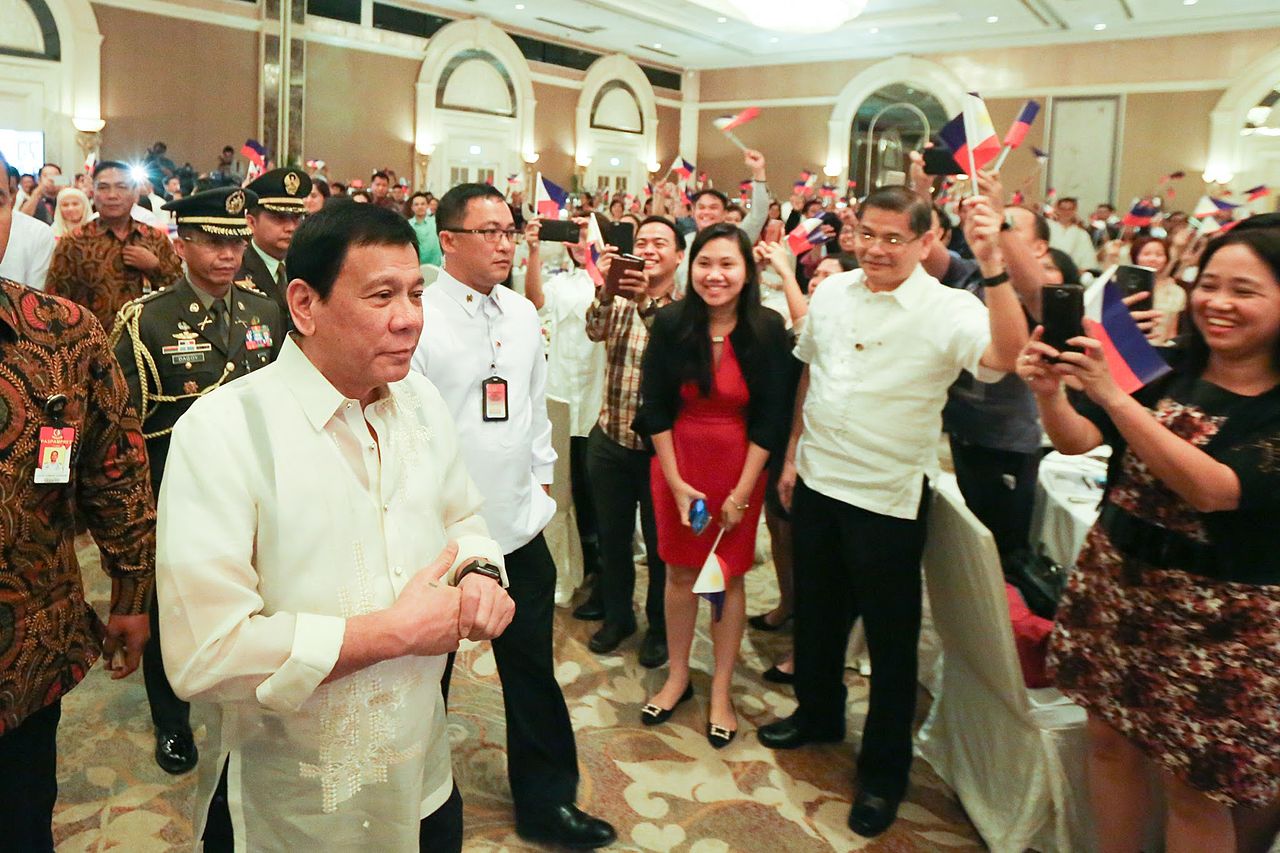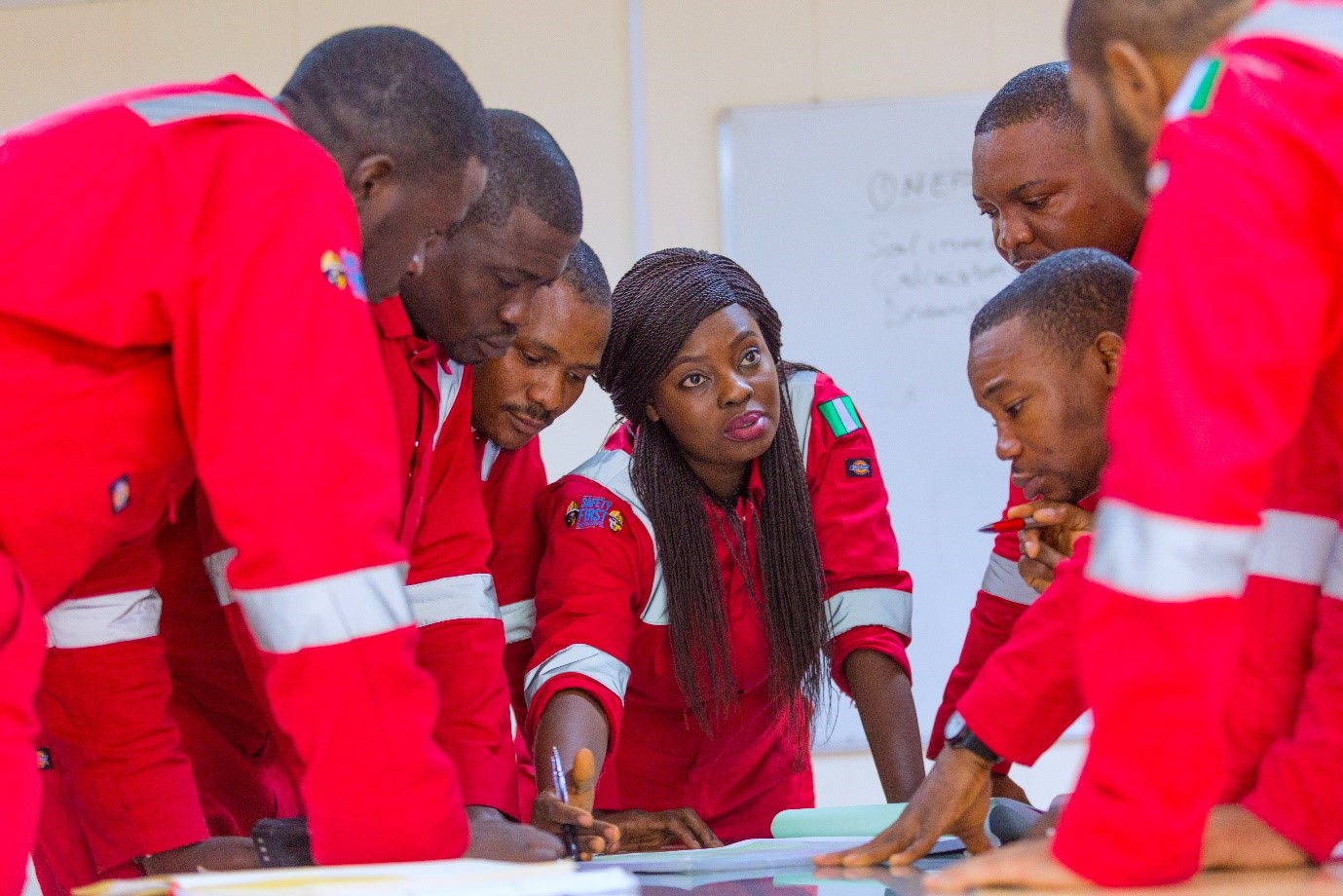Professor Kenneth Shadlen (LSE) and Dr Bhaven Sampat (Columbia University) have a new article on pharmaceutical patenting in India:
As elsewhere in the developing world, pharmaceutical patents are new in India, introduced because required by the World Trade Organization. India’s patent law includes a provision, Section 3(d), which tries to limit grant of “secondary” pharmaceutical patents, i.e. patents on new forms of existing molecules and drugs. In previous articles analysing pharmaceutical patent applications filed in India, Sampat and Shadlen found that Section 3(d) was rarely used, and even less rarely used independently. That is, few applications were rejected on 3(d) grounds, and even when so these nearly always had other grounds for rejection cited too. But maybe this had changed over time? And maybe, even where multiple grounds were raised against applications, these were raised against different claims? After all, the earlier research was based on earlier applications, when pharmaceutical patent examination was brand new in India; and even if 3(d) was not independently responsible for blocking patents, it may work on its own to strike out key and important claims. To address those concerns, this paper looks at applications filed over a longer time period, and the analysis drills down on each application’s first – and most important — claim. The new research finds that examiners are certainly invoking 3(d) more over time, but when they do so it still tends to be in conjunction with novelty and inventive step objections. The paper discusses this finding, including the possible interactions between the use of 3(d) and traditional patentability criteria. The paper also discusses an interesting finding that, contrary to expectations and design, Section 3(d) is regularly invoked by examiners against applications for primary patents. Whereas earlier research raised concerns that Section 3(d) was being under-utilized, the sharp increase in the use of the provision against primary patent applications may concerns about potential over-utilization.
The full paper, “Indian pharmaceutical patent prosecution: The changing role of Section 3(d),” is available here: https://doi.org/10.1371/journal.pone.0194714
Professor Ken Shadlen is Professor in Development Studies and Head of Department in the Department of International Development at the LSE. He works on the comparative and international political economy of development, with a focus on understanding variation in national policy responses to changing global rules. In recent years his research has focused on the global and cross-national politics of intellectual property (IP).
The views expressed in this post are those of the author and in no way reflect those of the International Development LSE blog or the London School of Economics and Political Science.






great guide on Indian pharmaceutical patent prosecution: The changing role of Section 3(d)